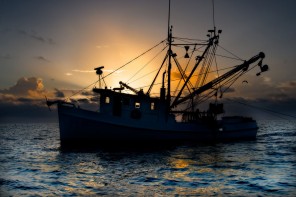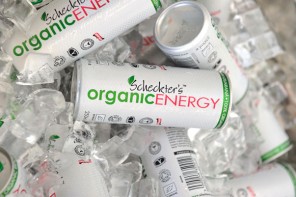Cape Town is a city surrounded by outstanding natural beauty, and one local taxi firm is doing its best to keep it green.
The Green Cab is an eco-friendly taxi service, run by Amiene van der Merwe. Inspired by the needs of today´s traveler she rallied three other women to start a green business.
“I think that tourists increasingly are aware, eco-conscious, responsible travelers, and if they have a solution which is as affordable as a more dirty solution, why not go with the green option?” she told CNN. The green option in this case is a fleet of cabs modified to run on liquefied petroleum gas.
“The opportunity it gives the traveler is to reduce their carbon footprint, and the size of the footprint of coming on holiday or for business travel in Cape Town,” said van der Merwe.
Van der Merwe said liquefied petroleum gas emits about 10 percent less carbon dioxide than petrol. To become carbon neutral she said the company paid to offset its remaining carbon emissions.
“We [South Africa] have a watchdog in terms of our carbon emissions and we pay a premium towards that institution,” she said. “We spend it on Food and Trees for Africa. They plant trees to offset our residual emissions. Only then can we truly claim that we offer a carbon-neutral service, which is what The Green Cab is.“
It cost nearly $2,000 to import and install the components that mechanically convert the vehicles. The Green Cab taxis cost about the same to run as unmodified vehicles, so their fares are similar to those of regular taxis. But its eco-friendly credentials mean The Green Cab is featured on Cape Town´s “Green Map,” where visitors can find everything green, from hotels to shops and restaurants.
It´s all part of Cape Town´s “Green Goal” project launched in the lead up to the World Cup in June. Even the city´s World Cup stadium is eco friendly. It was built with recycled material and designed to be water and energy efficient. Like many local businesses, The Green Cab sees the football spectacular as an opportunity for growth. The company plans to expand its fleet from three to at least 10 during the tournament.
“The biggest positive contribution of the World Cup will definitely be its legacy — the things that remain and things like green consciousness,” said van der Merwe. “All the principles that they have introduced, right from the design of the stadium to the actual building and now the maintenance thereafter, are extremely ecologically sound.”
Source: CNN
The liveeco team





